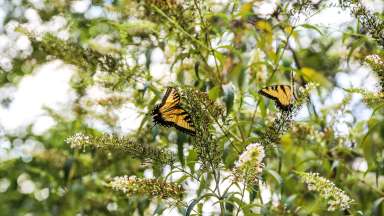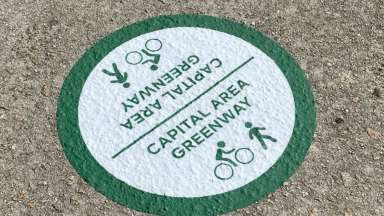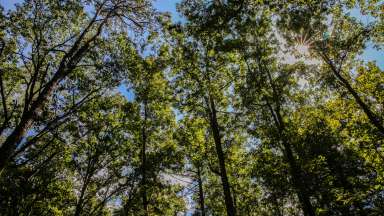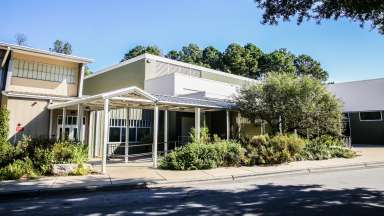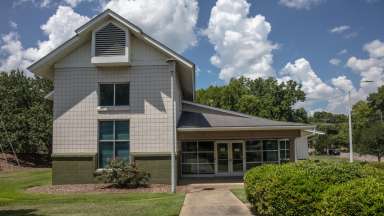Jump To:
Raleigh's Pollinator Gardens
Did you know Raleigh Parks have pollinator gardens?
Twenty-three Raleigh park locations have been certified by Monarch Watch. By becoming a certified monarch habitat we show that we are creating, conserving, and protecting monarch habitats. Our Raleigh parks provide plants and resources needed for monarchs to produce the next generation of butterflies by sustaining their migration. They also support other pollinator species and provide a diversity of colors and textures for visitors to enjoy. We invite you to visit one of our certified Monarch Waystations when visiting the parks below.
Raleigh Parks Pollinator Gardens
- Forest Ridge Park
- Durant Nature Preserve
- Walnut Creek Wetland Park
- Thomas G. Crowder Woodland Center
- Annie Louise Wilkerson, MD Nature Preserve Park
- Horseshoe Farm Nature Preserve
- Sassafras All Children’s Playground
- City of Raleigh Convention Center
- Anderson Point Park
- Lake Lynn Community Center
- Marsh Creek Park
- Buffalo Road Aquatic Center
- Dix Park Flower Cottage & Chapel Gardens
- Halifax Park
- DECPA
- Jackson Park
- Brookhaven Nature Park
- Abbotts Creek Community Center
- Marsh Creek Operations
Greenway Locations:
- Neuse River Greenway Trail - Falls Dam Parking Lot, 12088 Old Falls of Neuse Rd, Raleigh, NC 27614
- Neuse River Greenway Trail - Mial Plantation Parking Lot, 6008 Mial Plantation Rd, Raleigh, NC 27610
- Walnut Creek Greenway Trail – Rock Quarry Road, 35.762436, -78.613824
- Walnut Creek Greenway Trail – Wilmington Street, 35.757258, -78.640063
